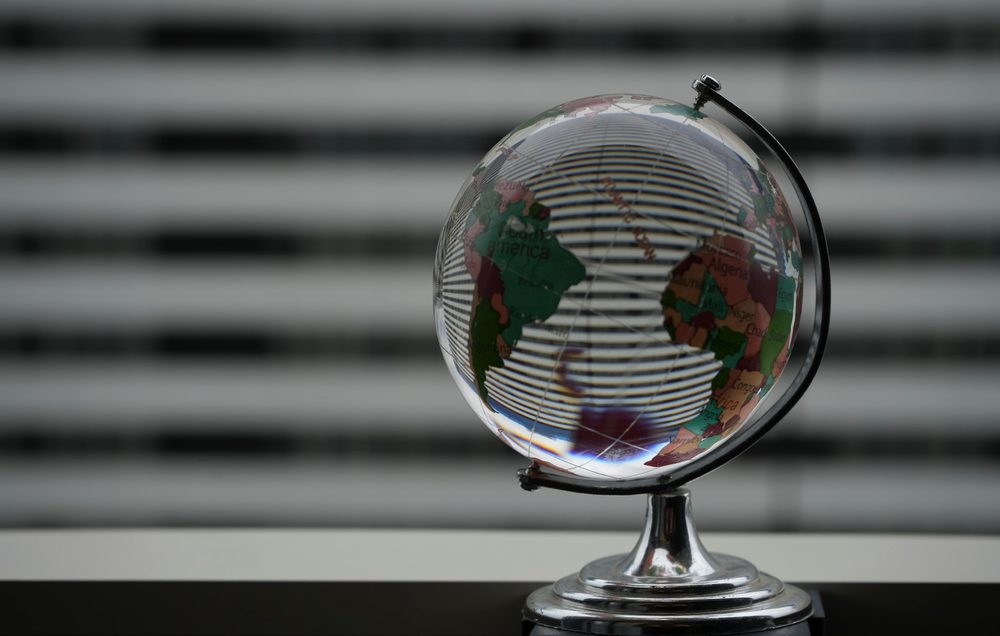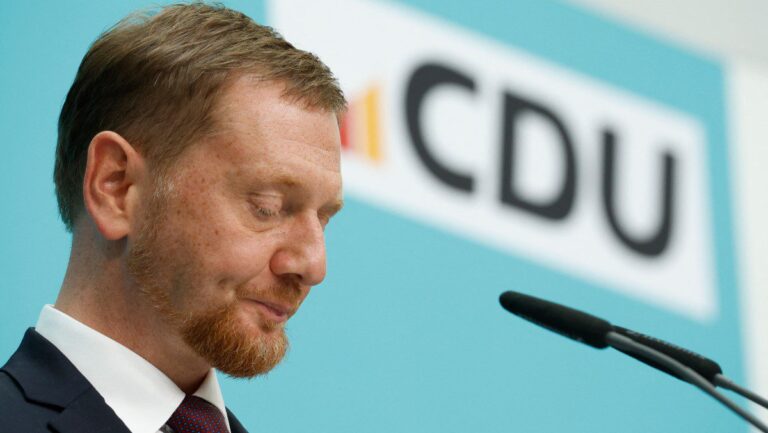The European Union devised several individualized plans aiming to win back—or, at least, not to lose—its diplomatic influence in four “priority countries,” in a bid to “isolate Russia, arm Ukraine and constrain China,” a confidential brief obtained by Politico shows, meant for the bloc’s foreign ministerial meeting this week.
The document identified Brazil, Chile, Nigeria, and Kazakhstan as the key countries to improve the EU’s diplomatic relations with, detailing how the EU should try to make progress in each one. The core strategies include tailored offers on energy, migration, economic development, and security coordination, as well as highly targeted trade agreements.
The thinly veiled goal of these efforts, of course, is to prevent these key partners—and, subsequently, all others under their influence—from being snatched up by autocrats (like China and Russia) in their own bid to create a parallel global economy.
“We find ourselves in a competitive geopolitical environment: not only a battle of narratives but a battle of offers,” the document stated, adding that “we need to improve our offer and enhance our relationship with them.”
The strategy outlined in the documents was discussed by the EU’s foreign ministers on Monday, April 24th, where the officials had no doubt that it was billions worth of Chinese investments into Latin America, Africa, and Asia that they were up against.
“It is not rocket science, but it’s good that it’s now being brought together into a somewhat coherent strategy,” one diplomat said, arguing for the need to outbid Beijing. The “ultimate aim would be to somehow propose an alternative that could be more attractive than what China offers.”
In order to gain better access to South American raw materials, Central Asian hydrocarbons, and Africa’s largest economy, the EU would need to make offers that these key countries can’t refuse.
Towards the heart of Brazil—which, more than anything else, just wants to be “recognized and treated as a global actor,” the document says—the EU sees the door opened by the giant Mercosur trade deal that’s twenty years in the making and which only recently suffered a minor setback after Brazilian President Lula called for an end of Western weapon shipments to Ukraine, seen by him as “incentivizing the war.” Helping Brazil with “green and digital transitions” is also on the table.
As for Chile, the brief believes that—in the midst of drafting a new constitution—the country’s newly elected socialist government would be “interested in EU welfare model,” while it posits countering Chinese economic influence through finalizing the EU-Chile agreement aimed at slashing tariffs, which got momentarily stuck before because of the country’s “annoyance at the long and complex internal EU procedures.”
With Kazakhstan, the EU will aim to find ways to allow more oil exports to Europe without giving opportunities to Russia to use the country in its effort to circumvent sanctions. Recognizing the needs in Astana, Brussels could throw in an EU-wide air service deal and visa-free travel for Kazakh citizens.
Finally, Nigeria could see a wide array of economic and energy investments combined with humanitarian and migration initiatives, with looser visa rules and “more legal migration opportunities” in particular, similar to Germany’s planned migration reforms that were specifically designed to attract more African workers, as we reported back in February.





